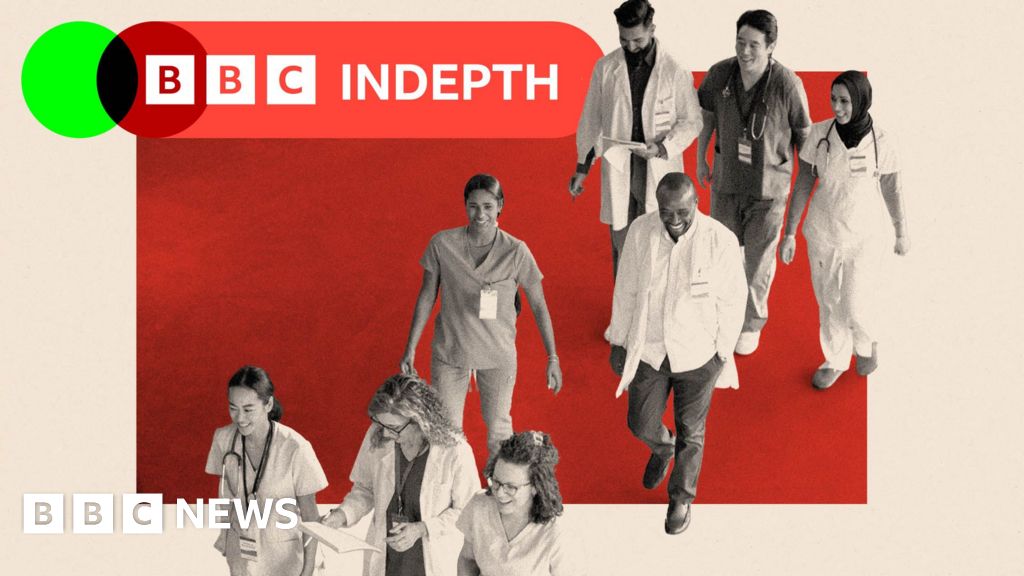NUTLEY, N.J. , March 25, 2025 /PRNewswire/ -- Eisai Inc.
announced today that the company will present the latest findings from its robust neurology portfolio, including data on real-world experience and continued maintenance dosing with our dual-acting, anti-amyloid beta (Aβ) protofibril* antibody for the treatment of Alzheimer's disease (AD), lecanemab (generic name, U.S. brand name: LEQEMBI ® ) at the American Academy of Neurology (AAN) Annual Meeting, being held in San Diego, California , and virtually from April 5-9 .

Eisai will present two (2) oral presentations and seven (7) posters on lecanemab and the insomnia dual orexin receptor antagonist DAYVIGO ® (lemborexant) CIV. Lecanemab Real World Experience Presentations On Wednesday, April 9 , as part of Poster Session P12, "Aging, Dementia, and Behavioral Neurology: Alzheimer's Treatment" ( 11:45 AM - 12:45 PM PT ), two posters will be presented on real-world experience with lecanemab, including results on efficacy and safety in the clinical setting and patient satisfaction with their treatment experience: Oral Presentations Oral presentations include results on lecanemab maintenance dosing, which supports the need for continued treatment of this chronic, progressive disease. Additionally, a cost-effective analysis of lecanemab in Canada will be presented.
"The data presented at AAN highlights not only the breadth and depth of real-world experience with lecanemab compared to clinical trials, but also the importance of ongoing treatment of this chronic progressive disease. Lecanemab clears highly toxic protofibrils that can continue to cause neuronal injury even after the amyloid-beta (Aβ) plaque has been cleared from the brain," said Lynn D. Kramer , M.
D., FAAN, Chief Clinical Officer, Deep Human Biology Learning (DHBL), Eisai. "We are eager to engage in scientific exchange that will continue to advance neurology research and deepen our understanding of lecanemab use in clinical practice, and we remain committed to improving the lives of people who are living with early Alzheimer's disease.
" Oral Presentations Session 23: Innovations in Dementia Treatment Poster Presentations Session P1: Aging, Dementia, and Behavioral Neurology: Alzheimer's Disease Diagnostics and Biomarkers Session P12: Aging, Dementia, and Behavior Neurology: Alzheimer's Treatment Session P9: Sleep 3 Industry Therapeutic Updates Sponsored by Eisai Inc. This release discusses investigational uses of agents in development and is not intended to convey conclusions about efficacy or safety. There is no guarantee that such investigational agents will successfully complete clinical development or gain health authority approval.
* Protofibrils are believed to contribute to the brain injury that occurs with AD and are considered to be the most toxic form of Aβ, having a primary role in the cognitive decline associated with this progressive, debilitating condition. 1 Protofibrils cause injury to neurons in the brain, which in turn, can negatively impact cognitive function via multiple mechanisms, not only increasing the development of insoluble Aβ plaques but also increasing direct damage to brain cell membranes and the connections that transmit signals between nerve cells or nerve cells and other cells. It is believed the reduction of protofibrils may prevent the progression of AD by reducing damage to neurons in the brain and cognitive dysfunction.
2 [Notes to editors] References SOURCE Eisai Inc..
Health

EISAI TO PRESENT LECANEMAB REAL-WORLD EXPERIENCE DATA AND FINDINGS FROM NEUROLOGY PORTFOLIO AT THE AMERICAN ACADEMY OF NEUROLOGY (AAN) ANNUAL MEETING

NUTLEY, N.J., March 25, 2025 /PRNewswire/ -- Eisai Inc. announced today that the company will present the latest findings from its robust neurology portfolio, including data on real-world experience and continued maintenance dosing with our dual-acting, anti-amyloid beta (Aβ) protofibril*...















